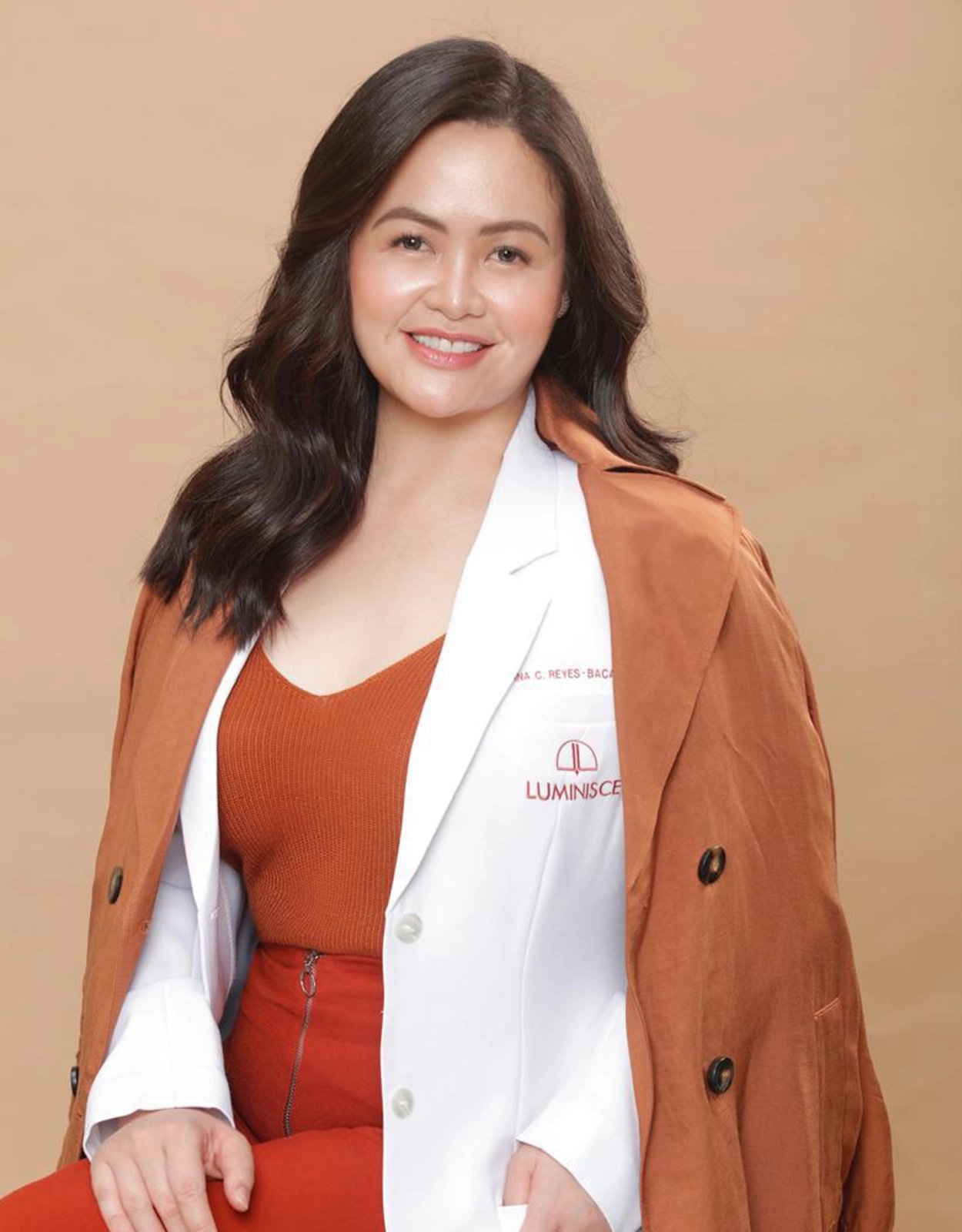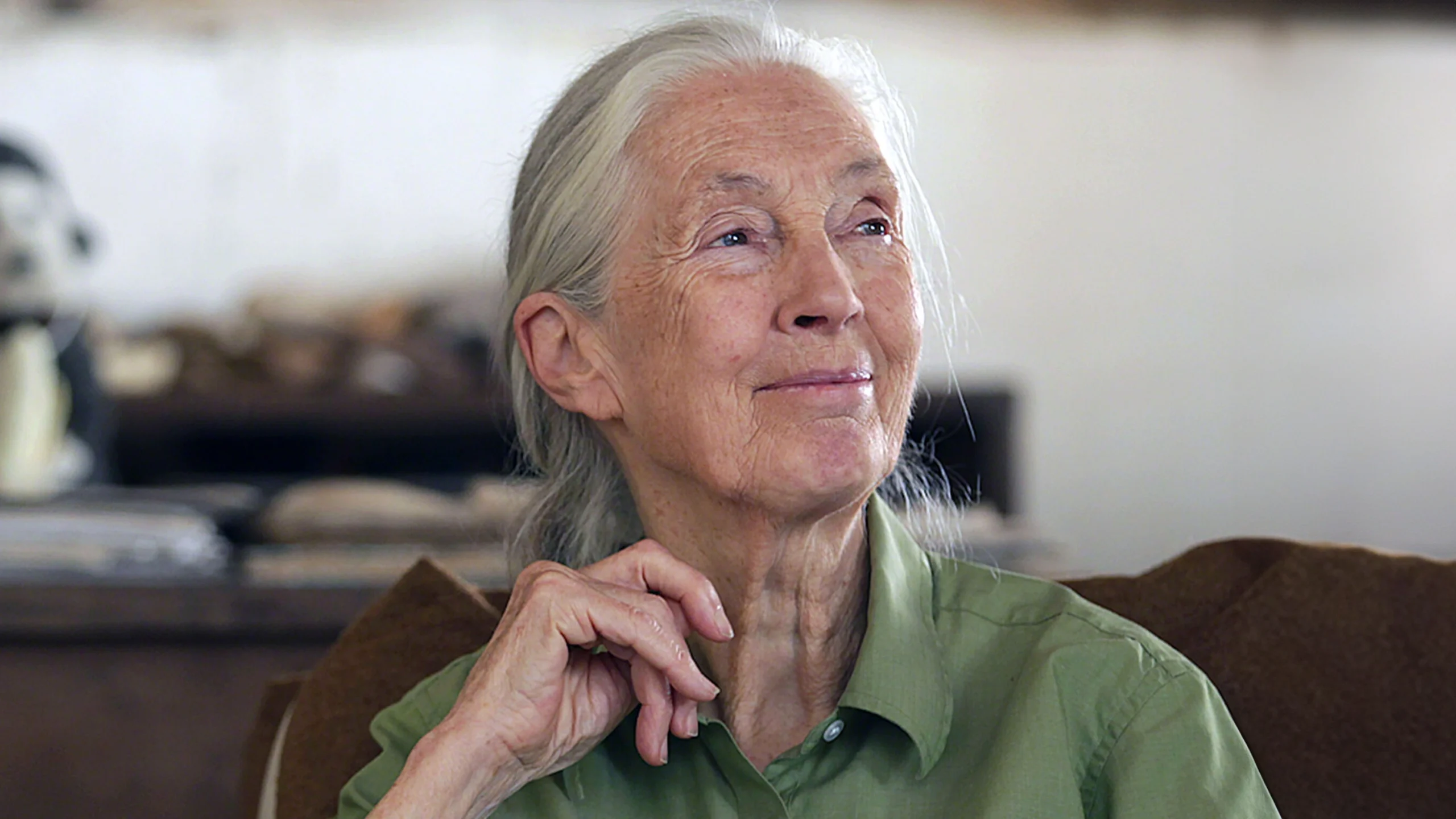What Parents Should Know About Retinol: A Skincare Guide With Dr. Kaycee Reyes Bacani
From first-time users to skincare-curious teens, Dr. Kaycee Reyes Bacani breaks down everything parents need to know about retinol—without the fear, fuss, or flakes.
Retinol has long been skincare’s buzziest ingredient and for good reason. But for many parents, especially those juggling kids, work, and maybe even a few fine lines, it still comes with a lot of questions. Am I too young? Too late? Can my teen use it? And—why is my face suddenly peeling?!
To help make sense of it all, we turned to one of our favorite dermatologists and moms’ go-to experts, medical power house Dr. Kaycee Reyes, for a no-guilt, real-talk breakdown of what retinol is, how to use it, and how to safely guide your child’s skincare journey without the panic (or a trip to the ER after a DIY skincare routine gone viral).

Meet the Expert
Dr. Kaycee Reyes Bacani is an expert in Preventive Medicine, Cosmetic Surgery, and Clinical Dermatology—and a visionary entrepreneur championing holistic beauty and wellness.
As the founder of L’essenciel Corporation—the force behind Luminisce Holistic Skin Innovations and Innosense—she draws on world-class training, from her MD at the University of Santo Tomas to advanced dermatology studies in London, laser-surgery fellowships in Bangkok and Singapore, and a Master’s in Preventive & Regenerative Medicine in Germany, helping people glow from the inside out.
Beyond her clinics, Dr. Kaycee serves as Vice President of Health Futures Foundation, inspiring transformative healthcare initiatives and leading with purpose.

What Even Is Retinol?
Retinol is a form of vitamin A that works deep within your skin, not just on the surface. “It triggers skin cell turnover and boosts collagen,” explains Dr. Reyes. “It’s like a quiet coach encouraging your skin to work smarter and heal better from the inside.”
Unlike scrubs or acid-based toners that give you quick results, retinol plays the long game. “It’s not a one-night miracle. Retinol takes consistency. Results show up in weeks, not days,” she assures.
When Should I Start Using Retinol?
Dr. Reyes is clear: “There’s no magical age. Only the right context.”
If we’re in our late 20s or early 30s and noticing early signs of aging like dullness or fine lines, that’s a great time to start. But if it’s our teens who want retinol to deal with pesky acne, it’s best to consult. “Some retinoids are approved for teen acne, but only under dermatologist supervision,” she adds.
Her advice for first-timers? “Start low and go slow,” she says. “Choose a beginner formula (0.1%–0.25%) and apply it only 2–3 times a week to start. Think of it like training wheels for your skin.”
Should My Teen Be Using Retinol?
For our skincare-curious tween or teen, the pressure to always look picture-perfect is real. But Dr. Reyes warns that social media hype has made teens reach for ingredients their skin doesn’t actually need.
“Teen skin is still building its natural barrier, making it more reactive,” she says. “Unless it’s for acne and prescribed by a doctor, there’s no reason for teens to be using retinol.”
Instead, she recommends a gentler routine:
- Fragrance-free cleanser
- Lightweight moisturizer
- Daily SPF 30+
- Optional: 0.5–1% salicylic acid for acne
“We want to protect their skin, not punish it,” she says. “When it comes to teens, prevention and education matter more than perfect skin.”

What If I Have Sensitive Skin?
If you’ve ever had a reaction to a new product (hello, surprise rash!), you’re not alone. “Sensitive skin needs a slower approach,” Dr. Reyes explains. “You can still try retinol—but maybe just once a week, sandwiched between layers of moisturizer.”
She also recommends sticking to gentle, fragrance-free products and buffering with hydrating ingredients like ceramides, niacinamide, or hyaluronic acid.
And if you have rosacea or eczema? “Wait until flare-ups are fully managed before introducing anything active,” she advises. “Always treat inflammation first; retinol comes later.”
Wait, Am I Using It Wrong?
If you’re suddenly dry, red, or peeling, don’t panic. “That’s your skin telling you to slow down,” Dr. Reyes says. Common mistakes include:
- Starting with high-strength formulas
- Applying it nightly from day one
- Layering with other actives (like acids or benzoyl peroxide)
“The skin doesn’t need a boot camp. It needs consistency, not intensity.”
Her secret to making the most out of retinol is through her favorite technique: one that she calls the Retinol Sandwich. “Start with moisturizer first, then a small amount of retinol, then more moisturizer. It reduces the sting and still works beautifully,” she explains.
What About Sun & Retinol?
When using retinol, Dr. Kaycee insists on following one rule: only at night, sunscreen by day.
“It makes your skin more sun-sensitive,” says Dr. Reyes. “You need SPF 30+ every morning—even if you’re just taking the kids to school or doing errands. UV damage undoes all the good retinol can do.”
Proper storage also matters: “Keep it away from heat and light—bathroom cabinets are fine, just not next to a window,” she adds.

For Parents in Their 40s & 50s
Hormonal changes during perimenopause can cause skin to thin, dry out, or break out—sometimes all at once. That’s where retinol can help.
“Retinol supports collagen production and improves elasticity,” says Dr. Reyes. “But at this stage, we also focus heavily on hydration and barrier repair.”
She suggests using retinol just 2–3 nights a week and following up with ceramide-rich moisturizers. “It’s not about doing more—it’s about doing what your skin can actually handle.”
So… What Should I Be Doing?
Whether you’re just starting, restarting, or helping your teen, Dr. Reyes leaves us with this practical, no-fuss roadmap:
Start here:
- Cleanser – gentle and fragrance-free
- Moisturizer – lightweight, with ceramides or niacinamide
- Sunscreen – daily, SPF 30+
- Retinol – low-strength, 2–3 nights a week (optional, depending on age/skin goals)
Avoid this:
- High-strength retinols too soon
- Mixing retinol with acids or benzoyl peroxide
- Skipping sunscreen
- Adding too many new products at once
Dr. Kaycee also reminds that patience is part of the journey. “You don’t need to do it all at once. Your skin’s not going anywhere.”

Final Thoughts: Less Pressure, More Patience
Skincare—like parenting—isn’t about perfection. It’s about learning, adjusting, and responding with care.
“There’s no gold medal for the most complex skincare routine,” Dr. Reyes laughs. “Stick to what works. Be consistent. And don’t be afraid to ask for help.”
So whether you’re a mom easing into your 30s, a dad exploring anti-aging options, or a parent fielding your teen’s skincare wish list—breathe easy. You’ve got this.
More about skincare?
Clé De Peau Beauté Has The Serum for Every Mom
Breaking Age and Taking Names: Truths About Retinol
Love Y.O.Ur Skin With These Essential Skincare Ingredients









